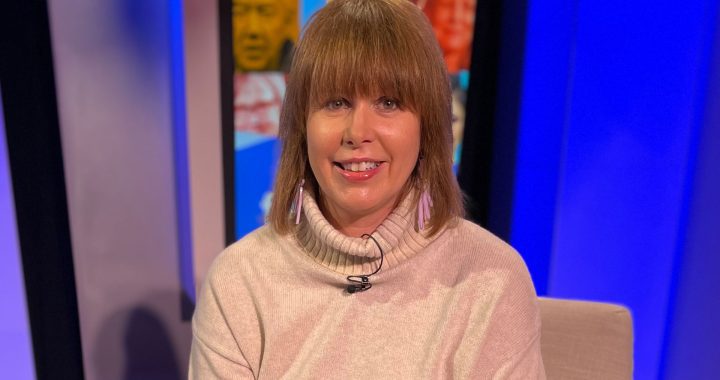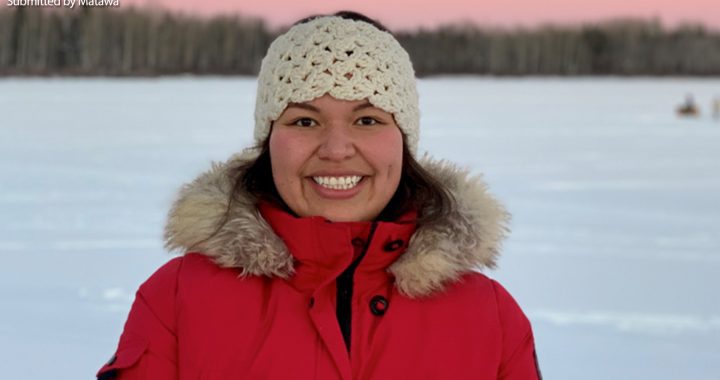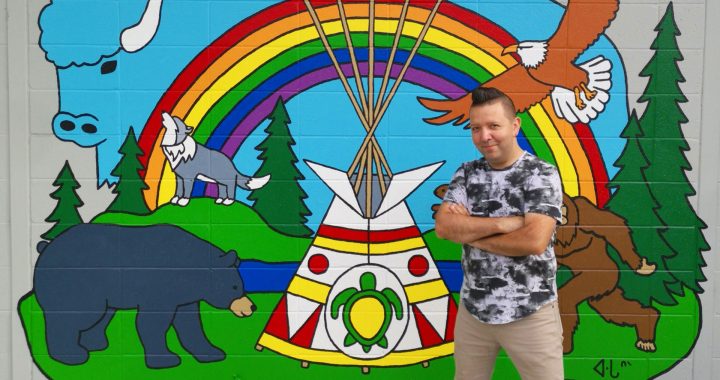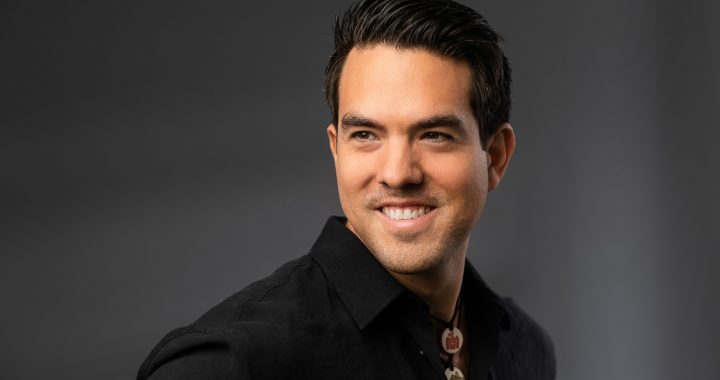Every U-S election is billed as the most important election of our time, but the 2020 election has a new sense of urgency and division says the editor of Indian Country Today (ICT).
“The urgency is that so many decisions are being made so quickly,” says Mark Trahant. “But, the partisan divide is about as bitter and rancour as any time since the U-S civil war.
“So, you’ve got people literally willing to kill for their side which I think is really a different sense of an election.”
Trahant, who is a member of the Shoshone-Bannock Tribe in Idaho believes the days that follow the election on Nov. 2 “could get pretty ugly.”
President Donald Trump has been warning of a rigged election and the possibility of widespread fraud, especially with mail in ballots.
Trahant says the results may not be known on election night and feels there could be court challenges that follow, no matter who leads in the vote count.
And there’s a lot a stake for Indian Country, the Republicans and Democrats.
“On the Democrats side, Indian Country has a stake in trying to get more across the board sovereignty and support for things like violence against women. Jurisdiction is big play for Democrats where Tribes would have the ultimate authority to decide within their governance structure. With Republicans, it would be energy development and energy above all,” Trahant tells Face to Face Host Dennis Ward.
“Tribes would be great partners if they have coal reserves or other natural resources.”
There are a record number of Indigenous people running in the 2020 U-S election.
Thirteen candidates are running for the House of Representatives and the Senate.
In all, there are 121 Indigenous candidates running for various forms of office including at the state legislature level.
Trahant says the record number of Indigenous people seeking office means there is a role to play in participating in the process.
While there are still some Tribes that are adamant about not taking part in U.S. politics, others feel its better to be at the table than on the menu.
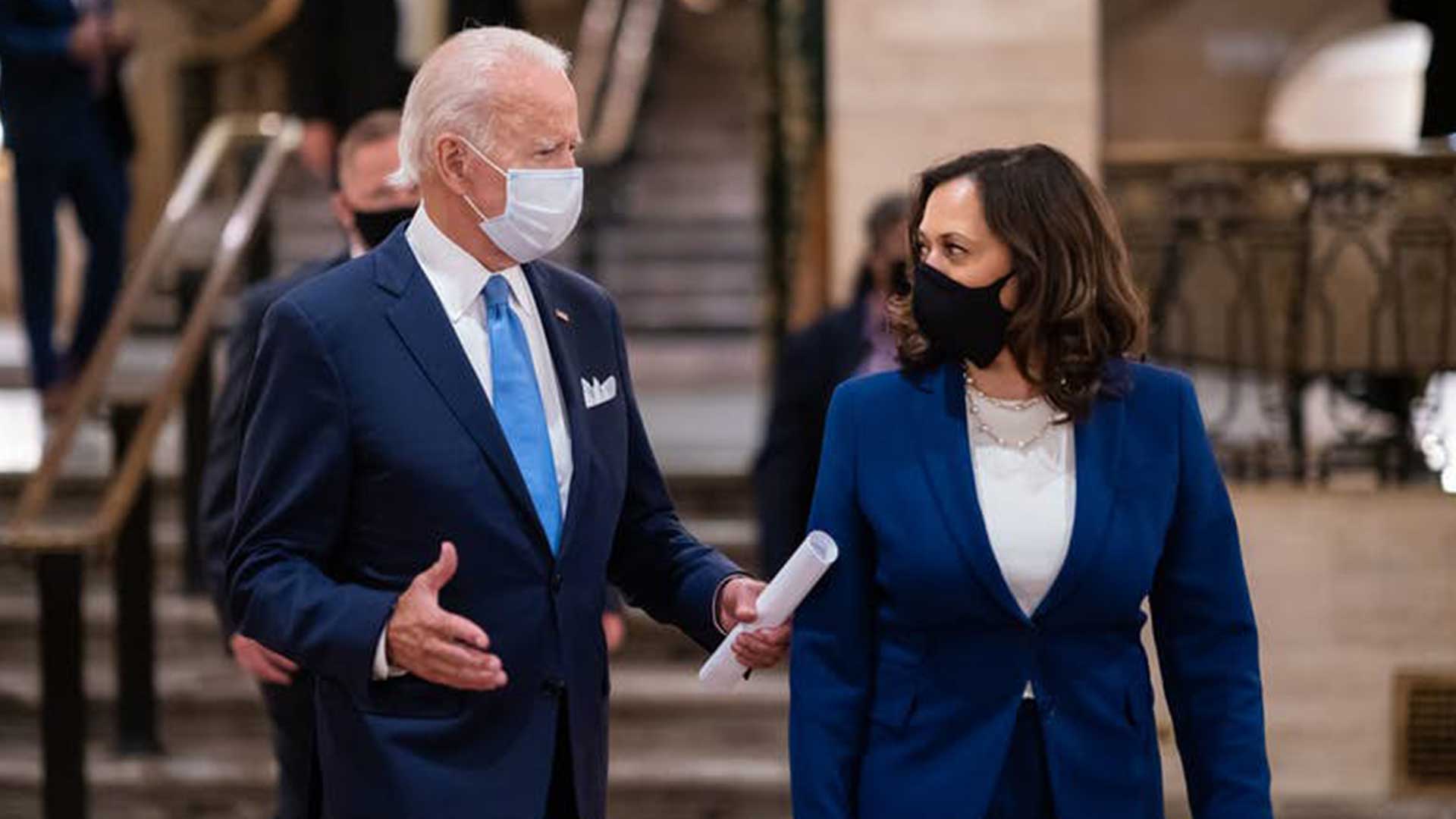
According to Trahant, the last four years have been pretty chaotic but there have been some successes, including two bills to address missing and murdered Native American women.
There are prominent voices who support Trump and the Republicans, particularly when it comes to jobs and resource development.
However, no matter who occupies the White House for the next four years, there will be one major pressing issue for Indian Country.
“I think climate change is at the top of the list,” says Trahant.
“You’re seeing more communities that are going to have to be relocated,” he says. “Probably the most significant is the village of Tahola on the Quinault Reservation in Washington State. The Tribe has been involved in a multi-year process of moving that village to higher ground to protect against storm surges.
“In Alaska, you’re seeing several villages that are having to move significant distances because of climate change, as well as Louisiana but you’re also going to see that start to play out even more so with fire and other natural disasters based on the changing climate.”
Trahant, who is a former president of the Native American Journalists Association also discusses how Tribes have handled the COVID-19 pandemic and the media coverage of issues important to Indian Country.
Next year, Indian Country Today will celebrate its 40th birthday.
An invaluable source of news for Indian Country, ICT has transitioned over the years and is now focused on the delivery of news over mobile phones and the recently started broadcast newscasts.
ICT has gone from a staff of three to a staff of 20 in less than three years, and Trahant expects that number to double as they continue to roll out newscasts.
Trahant says the mainstream media’s coverage of Indian Country has shifted a little over the years.
“Most of my career was mainstream journalism and you’d one, have to explain to an editor why it was story, which we don’t have to do that anymore, we just do it,” says Trahant who adds the mainstream media was reluctant to let Indigenous people in.
“It was fight every time to get one more position and they’d say we have to find people, they’re not out there. We’ll post and there will be no applicants and here we don’t have any problem hiring, the talent is there we just have to open up the platform for it,” says Trahant.
Indian Country Today will be doing a live, two-hour newscast on election night.








